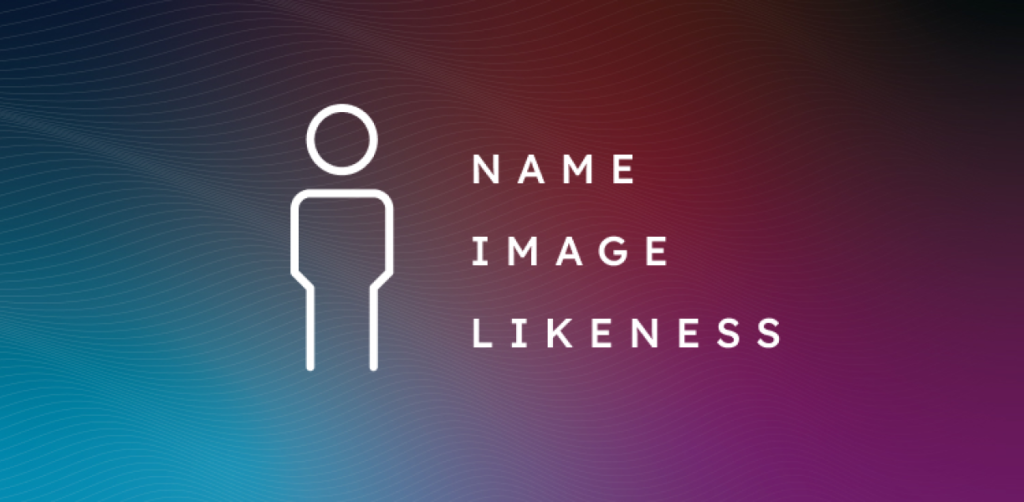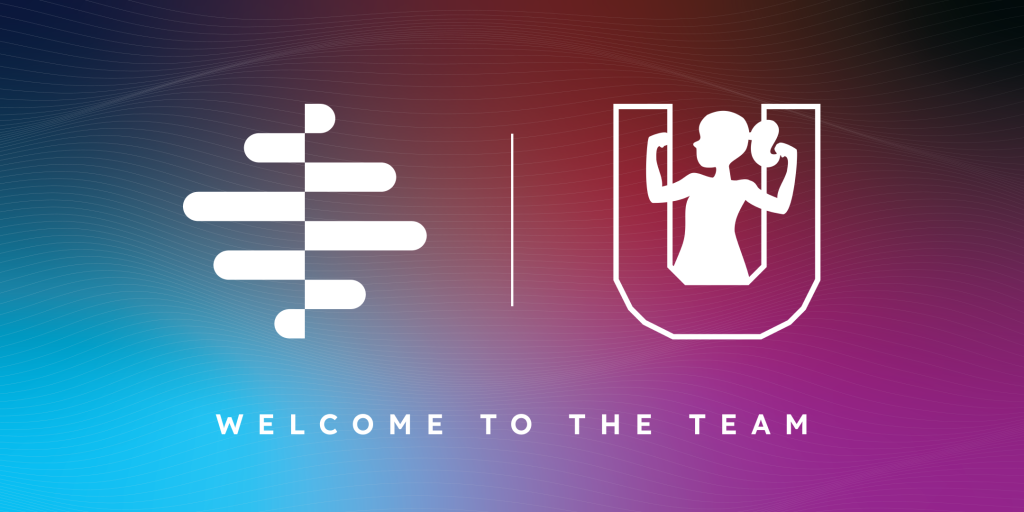Authors – Vedika Jogani
A recent graduate from Ithaca College with a Master’s degree in Sports and Exercise Science, specializing in Mental Performance, Vedika Jogani is OMP’s Product and Content Manager.
The 2024 Paralympic Games in Paris are almost here.
Since the games first took place in 1960, there has been a growing interest in how Paralympic athletes prepare for their sports.
This has led sport psychologist to question whether the same mental skills used for able-bodied athletes can be applied to athletes with different abilities.
A study on a women’s national goalball team in Denmark introduced a comprehensive six-step mental skills training program tailored for high-performance athletes with disabilities.
This program addresses the unique challenges these athletes face and provides a framework for enhancing mental toughness, communication, and overall team cohesion.
Step 1: Meeting with Coaches and the Association
In the initial phase, coaches identified specific areas needing improvement, such as routines, communication, and team dynamics.
The focus was on fostering honest communication, addressing individual needs, and creating a psychologically safe environment.
This foundation is crucial for building trust and ensuring that the athletes feel supported as they work toward their goals.
Building confidence by consistently highlighting past successes and personal strengths can significantly boost athletes’ self-belief, which in turn reinforces their commitment to the team and enhances their overall performance
Step 2: Initiation of the Plan
The sport psychology consultant led off-court sessions without the coaches, giving athletes the space to openly discuss the challenges they face both individually and as a team.
This phase aimed to empower athletes to address their difficulties and develop strategies for overcoming them.
The skills learned were then applied to on-court drills, ensuring a seamless transition from theory to practice.
Strengthening team cohesion and motivation by setting personal and collective goals, while reinforcing the importance of collaboration and mutual support, can be highly effective
Step 3: Maintaining the Process and Motivation
In this phase, the team evaluated the progress made in previous sessions.
Discussions centered around maintaining motivation, improving communication, and addressing any new challenges that arose.
The focus was on sustaining momentum and ensuring that the team remained committed to their mental and physical training routines.
Celebrating small victories and providing regular feedback helps keep motivation high, maintaining focus and drive over time
Step 4: Arousal and Preparation for Competition
This phase concentrated on what it takes to deliver a strong performance.
The team discussed effective preparation, pre-competition routines, and mental arousal techniques.
Emphasis was placed on transferring skills learned in training to actual game situations.
Managing arousal levels and optimizing performance through techniques like breathing exercises, mindfulness, and mental rehearsal can enhance focus and composure under pressure
Step 5: Creating a Winning Mentality
The focus here was on developing a winning mentality.
The team explored what constitutes a winning mindset, what actions and behaviors contribute to it, and how to cultivate it consistently.
This step is essential for building resilience and a competitive edge.
Reinforcing a growth mindset by encouraging athletes to view challenges as opportunities for growth fosters resilience and helps maintain a competitive edge
Step 6: Final Preparation
As the team approached the championships, this phase focused on individual preparation.
Athletes reviewed their personal routines, mental strategies, and physical training plans to ensure they were fully prepared for the competition ahead.
Fine-tuning preparation to ensure peak performance involves refining mental strategies and adjusting routines to meet individual needs.
While each team and athlete are unique, and the steps may vary, the six-step program used by a women’s national goalball team in Denmark highlights the critical role of psychological training and preparation.
Tailored mental skills strategies are crucial for addressing individual needs and enhancing performance, demonstrating that thoughtful psychological preparation can significantly boost outcomes across diverse athletic contexts.





